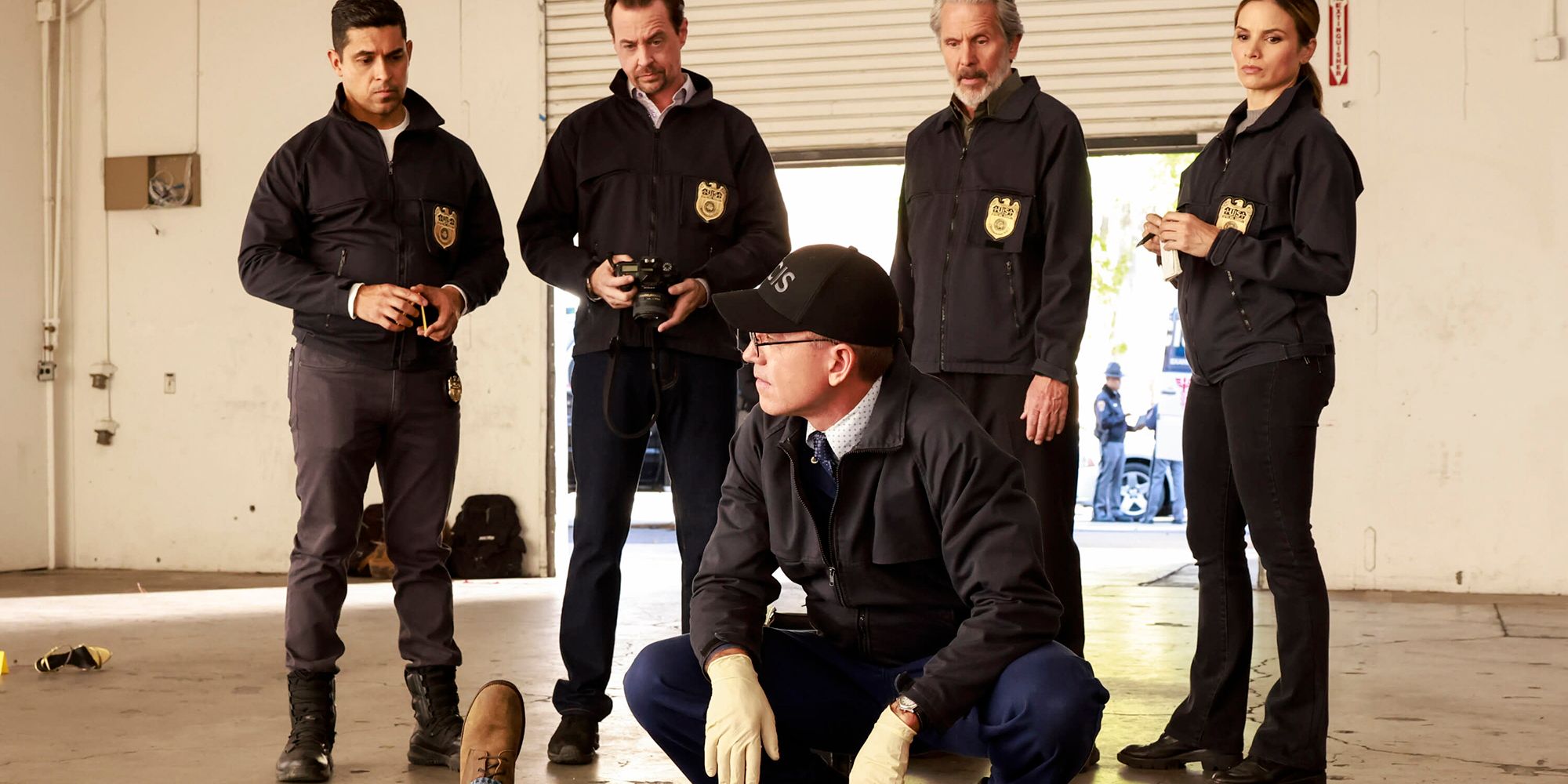Everything We Know About NCIS Season 24

With over 500 episodes aired, the NCIS franchise is a television powerhouse. To boost viewership, CBS will dedicate Tuesday nights to NCIS programming during the 2025-2026 season, moving NCIS, NCIS: Origins, and NCIS: Sydney to that night. All three series have also been renewed, proving the franchise is here to stay.






